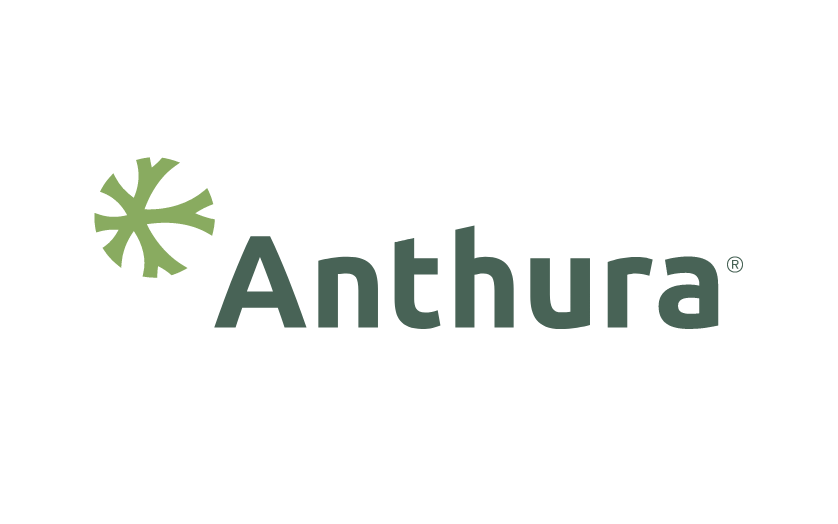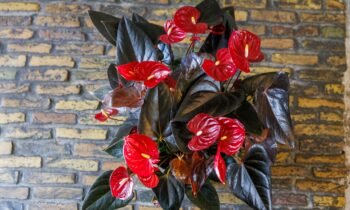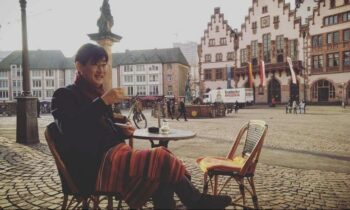In 2006, Anthura opened a production site of Anthurium pot plants in China. Kunming Anthura Horticulture Ltd. is located in Songming, near Kunming. In 2008, Managing Director Sander Smeding moved to China to manage and further develop the company. He started with a group of about 60 employees and a greenhouse for the growing young Anthurium plant material for sale on the local market. The company grew in the following years and a large tissue culture laboratory was built and put into use over several phases. The company now produces not only for China, but also for Europe. Nowadays Sander is back living in the Netherlands and was travelling every month to China until the outbreak of the pandemic.

Why is Anthura located in China?
China has a large and expanding domestic market. Local production guarantees the quality of planting material and reduces the distance to the sales market. The size of the market is comparable to that of Europe.
Can you outline the background against which we normally operate (before Covid-19) in China?
In China, the government is everywhere and has an all-powerful voice in the developments of the country. As a company, you need to ensure good communication with local authorities. Indeed, local government decisions can have a huge impact on the business. The trick is to make those decisions work in favour of the company’s development. At the local level, we have experienced cooperation, for example in increasing the capacity of utilities.
Although it is not always easy to negotiate, most people are solution-oriented. This is evident in the developments country-wide. When we started, the area where we are located was underdeveloped. In the past 15 years, highways, a new airport and a high-speed rail line have been built here. Construction is currently underway on a larger electricity capacity, namely an area connected to gas, and the first plans for an underground connection between Kunming and Songming (60km) have already been drawn up.
For the day-to-day running of the business, on the other hand, you are more dependent on yourself. For example, you may be less able to take advantage of quick deliveries or suppliers services. This is partly due to geographical limitations and partly because certain techniques and/or materials that we apply and/or need are not yet available in China. Moreover, providing service is new for Chinese companies. By keeping large(r) stocks of production resources and spare parts and by having a relatively large in-house technical service, we are able to cope with this. By having this in place you will eventually be independent and also more flexible.

What happened in China in late 2019/early 2020?
The first reports about Wuhan reached us as early as late December 2019, while Kunming is about a thousand kilometres southwest of Wuhan. By January 2020, it became clear that the problem was significant and that it involved a highly contagious virus, namely COVID-19. It was Chinese New Year and people had already started to travel all over the country, back to their home region or on holiday. That was the accelerator of the spread and everyone realized that this was going to be a big problem. Many cities and areas went into a severe lockdown due to coronavirus outbreaks. Villages close to our company also went into lockdown, not always because coronavirus had been found there, but as a precaution or even out of fear. The result was that many of our employees suddenly could no longer come to work.
How have you handled the corona pandemic so far, keeping everything running as much as possible?
It was a constant process of adjustment: with the local authorities, with logistical parties, with work schedules that had to be changed, and with employees who had to work overtime as much as possible. A number of employees stayed overnight at the company, in case we had to go into lockdown as well. That way, we could keep the greenhouses and the lab running at all times. We switched to contingency plans, scaled down all non-urgent work, were in constant contact with the village leaders and other government agencies to ensure that we could continue to operate in a responsible and safe manner.
International transport was also a drama. We have several flights per week with tissue culture to Germany. Many flights were cancelled at the last minute. There were situations where the plants were on the loading dock at the airport and because the flight was cancelled they had to be transported by truck to an airport 1,000 kilometres away in order to catch a flight there. There have been cases where the boxes were carried on passenger seats because virtually no aircraft were flying.
The Chinese, partly due to their recent history, can handle changing situations well. That does help tremendously in situations like this. Their willingness to give everything, to keep things running as well as they could, was enormous. We are positively surprised and still enormously impressed by it.
At that time there were also intensive 'corona consultations’ going on between the offices in the Netherlands, North Macedonia and China. Through these consultations, we were able to adapt quickly and always try to stay one step ahead of the situation.
How are things now?
Halfway through last year, things calmed down a bit. In China, the corona pandemic was under control and customers began to return to their normal rhythm. Confidence returned and the local market recovered.
However, fears flared up again when local corona outbreaks reappeared in the late 2020s, all of which were actually traceable to incoming travellers. China has a very strict entry policy, with a mandatory quarantine of 14 days and then, for several provinces, another seven days of home quarantine. This is strictly controlled. In addition, local outbreaks immediately result in a severe lockdown until it is under control again. So far, that approach is working well.
These quarantine requirements do force us to work differently. We are less able to travel to China and, when we do travel, it is for a longer period of time. Video calls can solve a lot, but not everything. A physical visit with a fresh perspective always reveals things you don’t see when you’re there all the time. This is something a video call can’t do. That’s why we’re constantly looking for solutions. All in all, we are satisfied with how things are going now.
What have you learned from the whole situation?
Our antennae have become more sensitive and are now always up. We follow international developments even more closely and we look at them from a different angle, because an incident somewhere in the world can very quickly affect our daily operations.
Furthermore, our large stock has proven to be a blessing, making us value it even more. We have gained even more confidence in our flexibility and resilience. Finally, it’s also very nice to see how committed and loyal our employees are, because without their efforts the situation would be very different now.
What developments are there in the field of production?
In Kunming, we have also switched to Unoform. Since we don’t yet have extensive automation there, we could switch over more gradually than in the Netherlands. That project has now been completed.
It was also a big step to fully switch to CupGrade packaging in the laboratory. This has now been achieved and is also being delivered to customers in China. They were used to receiving tissue culture plants in the glass bottles used in the local labs. But once they have experienced CupGrade’s advantages, they quickly accept the new packaging method.
In April you participated in the Hortiflorexpo IPM Shanghai. How did it go at this fair / What did this fair bring you?
It was very special to be back at a fair with lots of visitors. The fair in Shanghai in particular is a good opportunity to meet everyone again and share the latest developments, both from the growers to us and vice versa. Two years ago it was normal, but this time it was really special.
You also see increasing demand from the market, from the end of the chain. There were florists who immediately called their supplier for availability when they saw our new varieties. This communication in the chain is extremely important in order to better align future supply and demand.
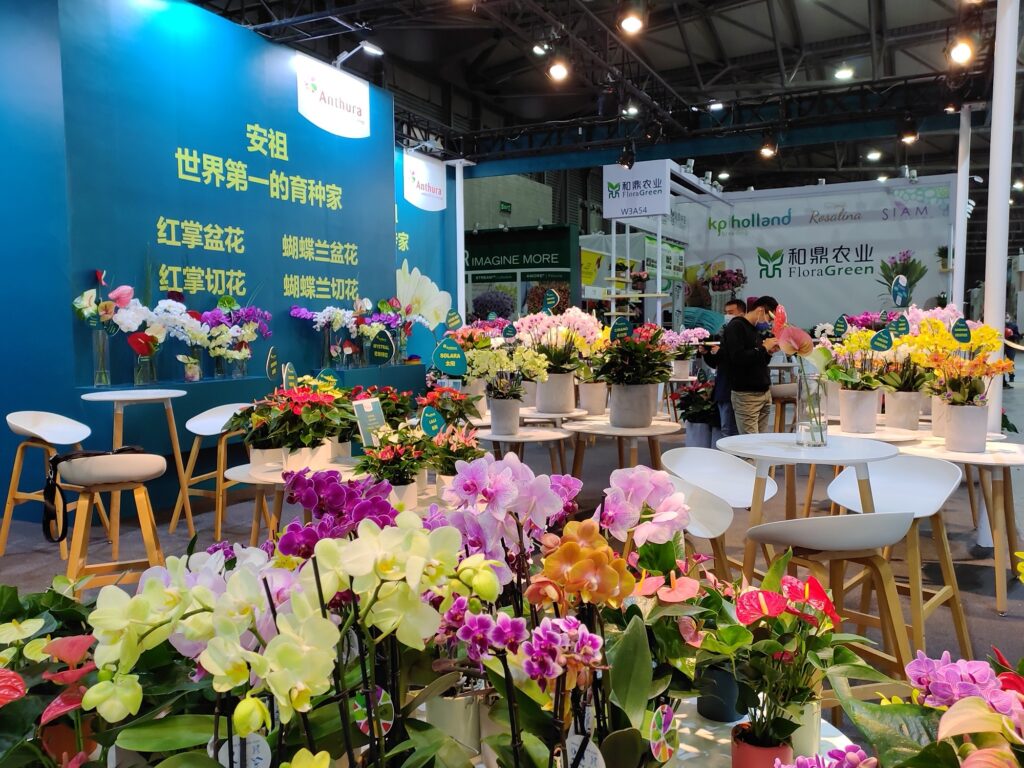
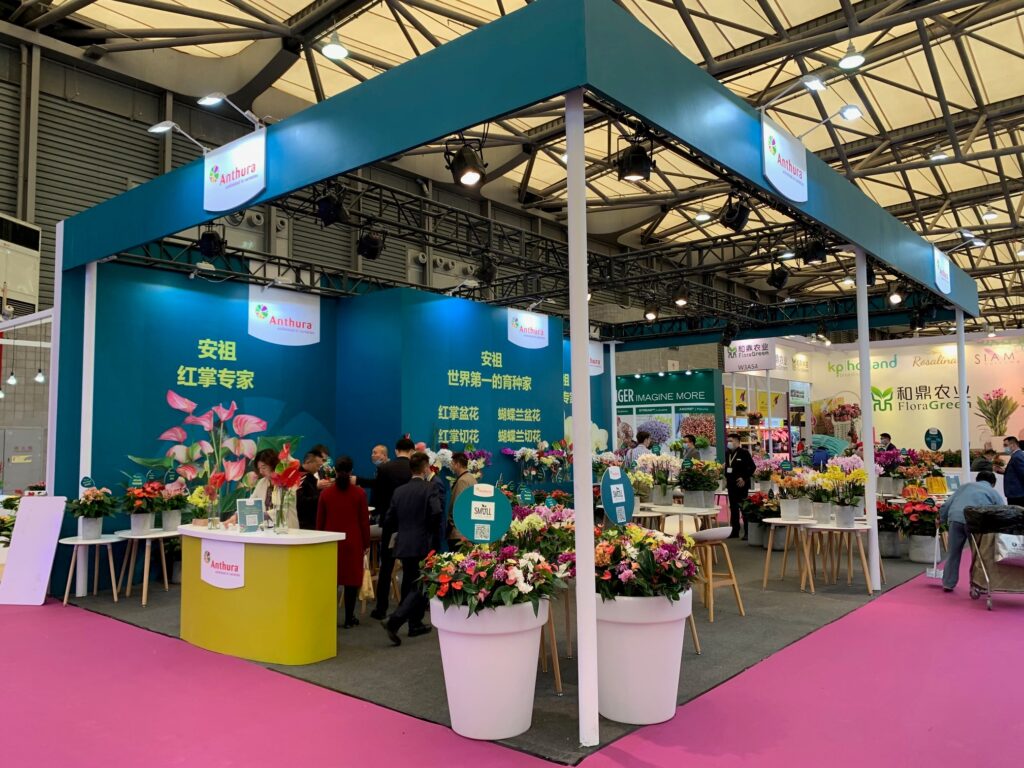
What are you focusing on in China now?
The market knows that we are specialists in both product groups: Anthuriums and Orchids. In Anthurium and Phalaenopsis pot plants, we have a wide customer base that we are still expanding.
The market for cut Anthuriums has also improved. A better price structure also generates demand for young plant material. It is important to be able to offer a complete range, including technical support and training programmes for customers.
Those training programmes are very important here. Often these are completely new projects where there is no cultivation experience. Our own training centre in Kunming enables us to train people even before a project actually starts. This ensures that beginners’ mistakes are usually avoided once cultivation has started and saves the customer a lot of trouble.
In the pot plant market, we’re seeing a movement towards smaller pot sizes, and in the logistics chain, online sales are becoming increasingly important. In China, online sales are subject to enormous price competition: consumers buy a lot online, but the price is often decisive. This is because people are unfortunately used to receiving poor quality products. There is no confidence in spending more to get better quality. This also applies to flowers and plants that are purchased online. The challenge is to build that trust.
What do you organize for your customers on the farm?
We started a customer event at our company in 2018. Due to its great success, this was organized again in 2020 and the next one is planned for 2022. Clients from all over the country then come to Kunming for an intensive program, which takes about a day-and-a-half.
In week 34 we also hold the Kunming Anthura open days. Our show greenhouse is filled with the latest varieties and new concepts
How do you see the future of Anthura Kunming and what are the challenges?
China is a huge market that is developing rapidly. The market is growing, and greening is a priority for the national government, for example by creating agri-parks where people can enjoy flowers and plants in their free time.
But there are certainly challenges and risks as well. For example, compliance with and enforcement of intellectual property and plant breeders’ rights are still poor. It is therefore still impossible to quietly build up a market for, say, a new breed. We are not given that time, because in no time at all the market is swamped with illegal young plant material.
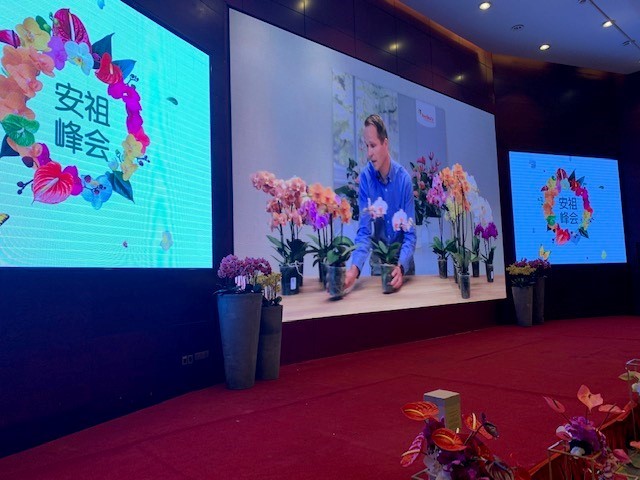
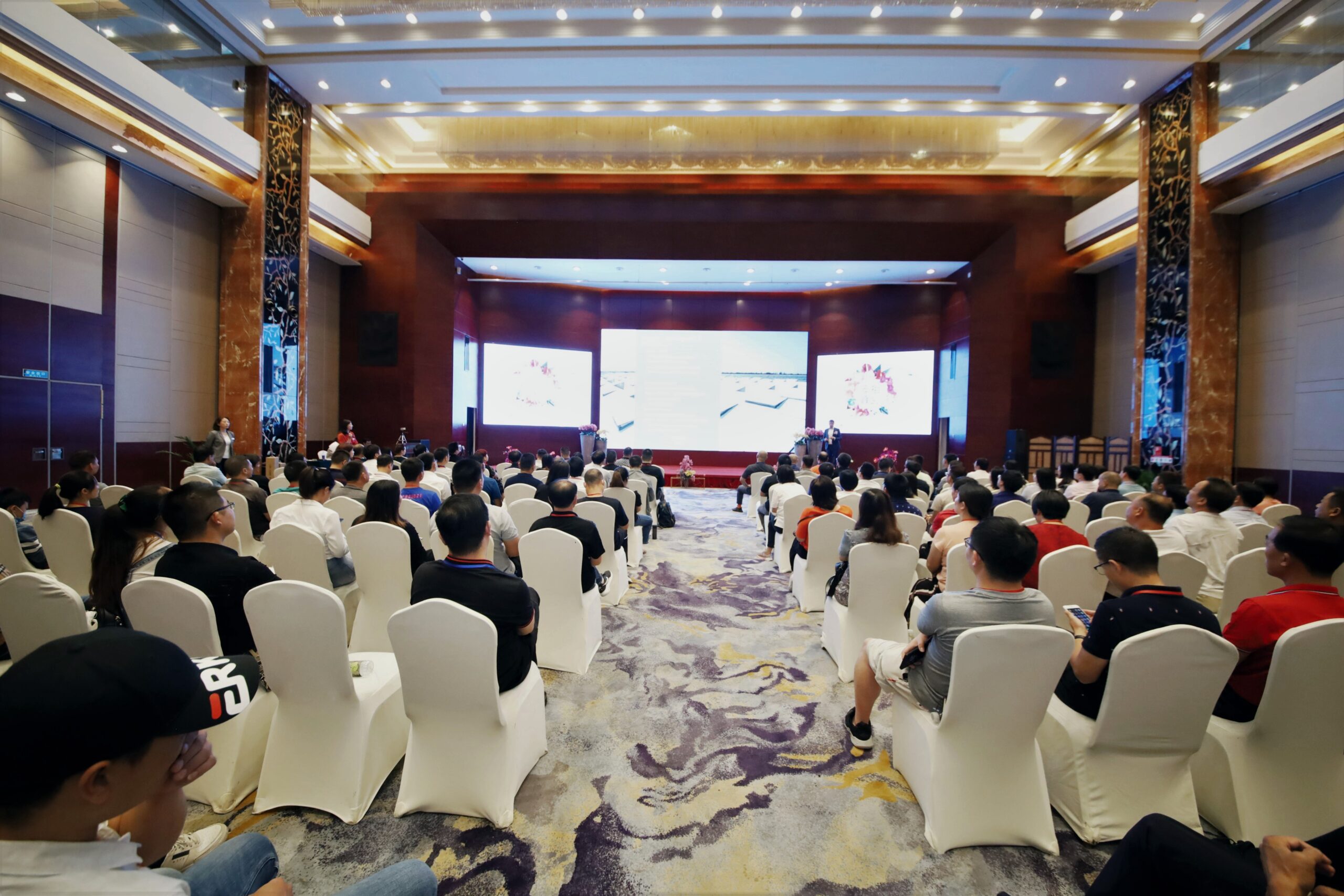
What are you most proud of?
I am most proud of the fact that, with a team of committed employees, we have built this company into what it is today. Even in difficult times, we are able to continue to function at a level that causes little or no inconvenience to our customers. Within the national borders, we are able to deal with local uncertainties and volatility while achieving a stable business.
China is an interesting market. Entrepreneurship is rewarded, as long as you are prepared. The Chinese market is not something you just add on – the country and the market are far too complex for that.
In any case, we’re looking to the future with great confidence, but above all we’re looking forward to it!
